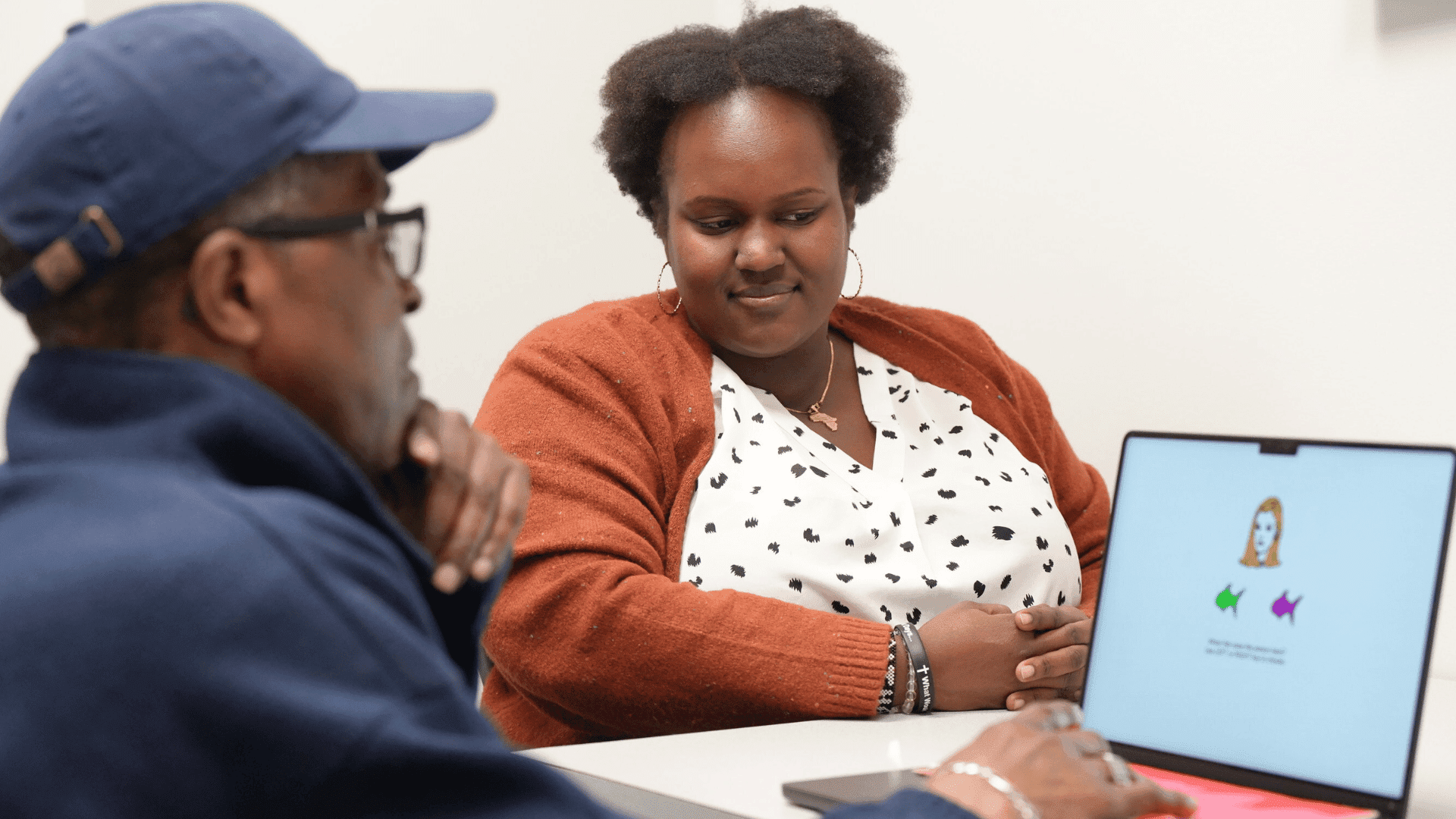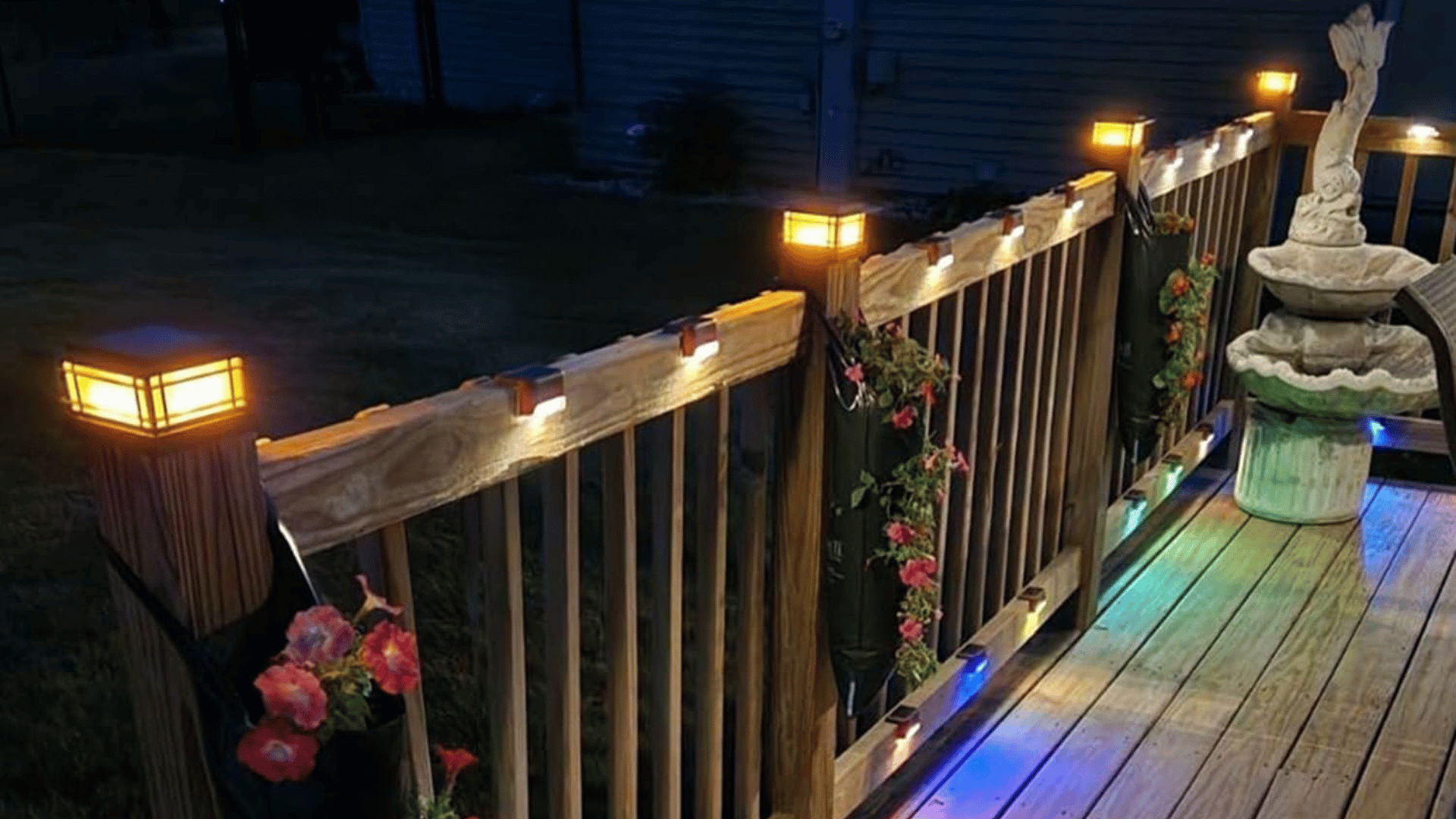Researchers at the Aging & Brain Health Alliance at Rutgers-Newark are developing video game-based tests for early Alzheimer’s detection, aiming to match the effectiveness of traditional blood tests. These innovative methods could enhance clinical trial participant screening and broaden access to diagnostic tools.
Alzheimer’s Early Detection Tests Using Video Games Could Be As Effective as Blood Tests and Boost Clinical Trials
NEWARK, N.J., March 27, 2025 /PRNewswire/ — Alzheimer’s early detection tests using video games developed by Rutgers University–Newark researchers may help spot the disease years before symptoms are noticeable and provide a non-invasive form of dementia screening.
The study comes from the Aging & Brain Health Alliance at Rutgers-Newark, which focuses on the role of lifestyle and genetics in delaying Alzheimer’s. Their latest discovery could be a boon to pharmaceutical researchers since it points to a non-invasive way to choose drug trial participants who are in the earliest stages of the disease, said neuroscientist Mark Gluck, the lab’s director.
That could shave years off a clinical trial timetable. Researchers would no longer have to wait for the disease to be conventionally diagnosed. Doctors now believe changes in the brain start 10 to 15 years before they produce obvious impairment.

“It’s pretty exciting for us because even before any problems with cognition become obvious, we have an early warning sign,” said lead author Miray Budak of the Center for Molecular & Behavioral Neuroscience. The study appears in the journal Alzheimer’s Research & Therapy.
Over the past 20 years, the Aging & Brain Health Alliance developed and tested the computerized video-game screening to detect reduced brain function years before patients or their loved ones notice symptoms; now they have more evidence confirming that it is effective.
Gluck envisions a day when these tests can be administered at a doctor’s office on a laptop or even remotely over the internet for patients who no longer drive or lack easy access to medical care.
The video-game test, called a generalization task, measures cognitive ability by showing how well a person can deduce a rule related to colors and shapes, then apply that rule to new examples.
About the Aging & Brain Health Alliance
The Aging & Brain Health Alliance at Rutgers University–Newark fosters interdisciplinary and university-community collaboration to expand our understanding of aging, brain health, and the prevention of Alzheimer’s disease. We focus on populations with elevated risk for dementia, especially African Americans, who suffer from Alzheimer’s disease at over twice the rate of the general population. In partnership with local community-based and faith-based organizations, we promote Alzheimer’s awareness and risk reduction through brain-healthy habits and lifestyle choices.
About Rutgers University–Newark
Rutgers University–Newark (RU-N) is a diverse, urban, public research university that is an anchor institution in New Jersey’s cultural capital. It is exceptionally well positioned to fulfill higher education’s promise as an engine of discovery, innovation, and social mobility. With its legacy of producing high-impact scholarship, Rutgers-Newark is in and of a city and region where its work on local challenges, undertaken with partners from many sectors, resonates powerfully throughout our urbanizing world. RU-N brings an incredible diversity of people to this work—students, faculty, staff, and community partners—making it more creative, more engaging, and more relevant for our time and the times ahead.
See video of the tests here.
SOURCE Rutgers University – Newark
This press release is provided for informational purposes only. TomorrowsWorldToday.com is not responsible for the content, terms, or administration of Rutgers University–Newark (RU-N) studies/promotions. Please refer to the study for the most accurate and up-to-date information. Tomorrow’s World Today may receive an affiliate commission if you purchase an independently reviewed product or service through a link on our website.







